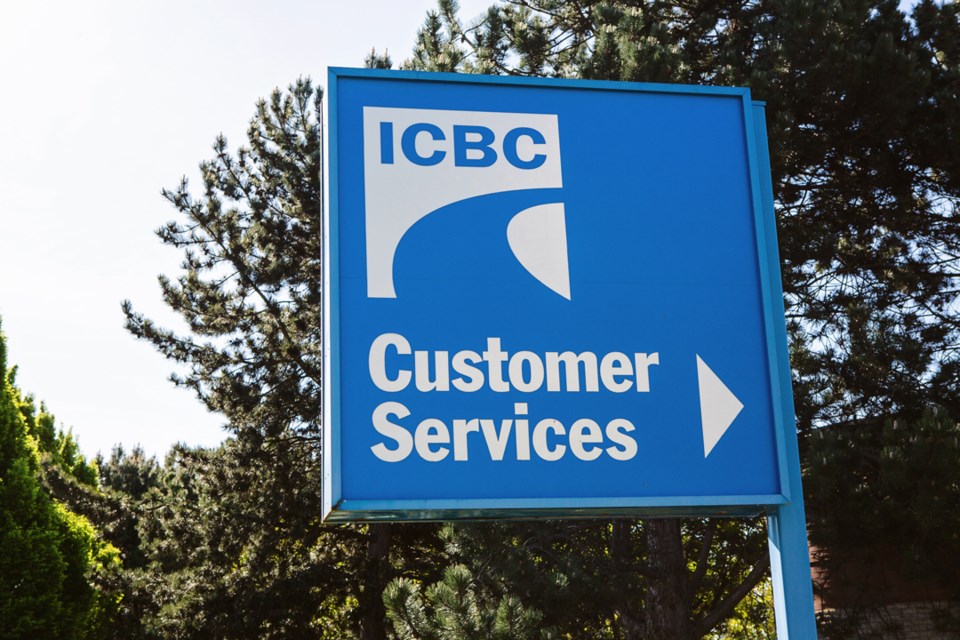Another B.C. judge has added his voice to a growing "chorus" criticizing ICBC for not informing hit-and-run victims of their duty to make "all reasonable efforts" to find out the identity of the driver if they want to make a claim for damages.
Relying on police to investigate is not enough, as the victims in a Burnaby hit-and-run found out in a ruling by B.C. Supreme Court Justice David Crerar Wednesday.
On Feb. 3, 2019, Larrissa Fearon, Shawayne Powell and Duwayne Fearon were in a vehicle at Sussex Avenue and Beresford Street, when a stolen pickup ran the stop sign at "high speed" and T-boned them, according to the ruling.
The truck ended up in the bushes beside the B.C. Parkway path, and the driver fled the scene.
Police conducted an investigation, including interviews with the victims and a witness, a police dog search and a forensic examination of the interior of the pickup, but their efforts didn't turn up any useful surveillance video evidence, and the case was closed after seven days.
Since the driver was never identified, the victims sued ICBC for damages, including lingering soft-tissue injuries in their necks, shoulders and backs.
But Crerar ruled they had not done enough to find out the identity of the driver and dismissed their claims.
Under Section 24 of the Insurance (Vehicle) Act, he said courts are not allowed to award judgments against ICBC in hit-and-run cases unless the court is satisfied the victims have made "all reasonable efforts" to identify the driver.
The three plaintiffs argued they had acted reasonably in not taking steps to investigate because they knew the police were on the case.
"They argue that they properly assumed the collision would be thoroughly investigated, as it involved not one but two crimes: the theft of the vehicle, and the flight from the collision," stated the ruling. "They argue that apart from this reasonable reliance, the unsuccessful police investigation also indicates that any efforts by the plaintiffs would have been futile."
But Crerar said there was more the victims could have done – and would have done – if there was no legislated ICBC safety net in B.C. for hit-and-run victims.
Crerar noted the crash had left the victims "dazed and shaken up," but all three were discharged from the hospital within two hours, and there was nothing preventing them from taking steps in the days and weeks after the incident to try to identify the driver.
"It would have taken little effort to put up signs and advertisements seeking witnesses to and information about not only the collision, but also about the flight of the unknown driver," Crerar said.
As it was, the victims admitted they took "no steps whatsoever" for more than a year to get information that could have helped identify the driver.
While Crerar dismissed their claims, he said he did it "with some regret, joining the chorus of other jurists noting the potential unfairness" of the Insurance (Vehicle) Act.
The legislation doesn't allow courts to award judgments against ICBC unless hit-and-run victims have made "all reasonable efforts" to identify the driver – but it does not compel ICBC to tell victims they need to make those efforts.
"Such a reminder could be included, at no burden to ICBC, as standard language on ICBC claims forms and other preliminary correspondence," Crerar said.
ICBC's silence on the matter, makes those provisions in the legislation "seem and serve as a trap for the unwary," Crerar said.
He quoted a number of previous court rulings that have similarly criticized ICBC for its silence.
Follow Cornelia Naylor on X/Twitter @CorNaylor
Email [email protected]



